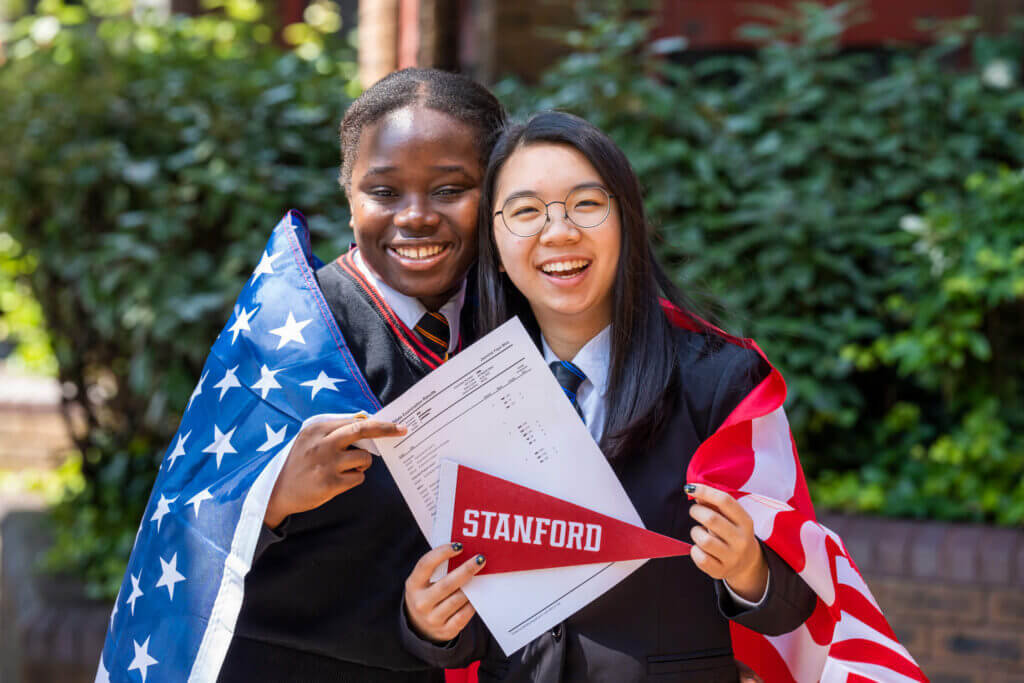Global Undergraduate Applications • Guide to Indian Liberal Arts Schools
What to Expect During College Orientation Week
POSTED ON 07/19/2019 BY The Red Pen

The countdown to leaving for college has officially begun. As you prepare to leave home, here’s a snapshot of what to expect during your first week in college. This week, popularly known as Orientation Week, is designed to ease your transition into college and is curated keeping incoming students in mind. However, when it comes to how orientation is planned and prepared, each institution has its own approach.
Below is a general overview of what you can expect from the college orientation:
1) Introduction to college life:
One of the primary purposes of orientation is for you to acclimate to your new environment. Over the course of the week, you can expect to sit through several presentations and talks by college faculty and administrators. Here, you will learn about your school’s policies, the honour code, campus safety, residence life and academic expectations. Many colleges will also match you with an upper-class mentor who will assist you during this first week. This is your chance to get guidance from someone who was in your position not so long ago.
2) Formalities:
As an international student, you will be required to complete official paperwork. For example, international students studying in the US will be required to complete the SEVIS registration. They will be informed about how to maintain their F1 status. Students in the UK will be required to collect their biometric residence permit card. All colleges will require you to collect your medical insurance card and get your student ID made. The student ID, in most colleges, is linked to your college account and can be used to purchase books and pay for transportation, laundry and meals, while also giving you access to academic buildings, libraries and residence halls on campus. It is important to keep both of these cards handy at all times.
3) Becoming familiar with surroundings:
Most colleges organise icebreaker sessions for students to get to know one another through a series of fun, social activities. Games, movie nights, karaoke, bowling and dance parties are just some of the activities you can expect to find during orientation. Apart from this, there may be guided campus tours to help you find your bearings. These tours, usually conducted by upper-class students, give you an insight into the best food spots, popular places to spend an evening, where to get a midnight snack and some campus traditions and myths. For example, during the campus tour at Bryant University, students are told about the age-old tradition of never walking through the archway. Rumour has it that any student who walks through this gate will never make it to graduation!
4) Clubs and societies:
During the course of the week, campus clubs will host a fair to help students familiarise themselves with the various clubs and societies that exist. From sports, performing arts and student leadership to cultural groups, social clubs and Greek organisations, there is something for each student. Club members usually set up stalls to provide more information and sign-in sheets are readily available for interested students. This is a great way for the incoming class to integrate into the college culture and meet new people socially. If you don’t find a club that interests you, you are also free to start your own clubs and societies on campus.
5) Meeting faculty:
While establishing relationships with your peers is important, the college faculty plays a pivotal role as well. Most colleges organise meet and greets with members of staff–a great time to meet with professors in your department. Meeting with the Office of Undergraduate Advising is also essential during this time as advisors can help you map out your class schedule to graduate in your desired time frame. They will also help you select the required classes for your degree. Researching college faculty is a great way to plan classes with professors of your choice and find great mentors.
College has so much to offer, so ensure that you make the most of your time, both in and out of the classroom. Try to immerse yourself within your college community and take advantage of the opportunities available. For more guidance on socialising as an international student, click here; brush up on some Oxbridge traditions here or get in touch with us for any other questions.





